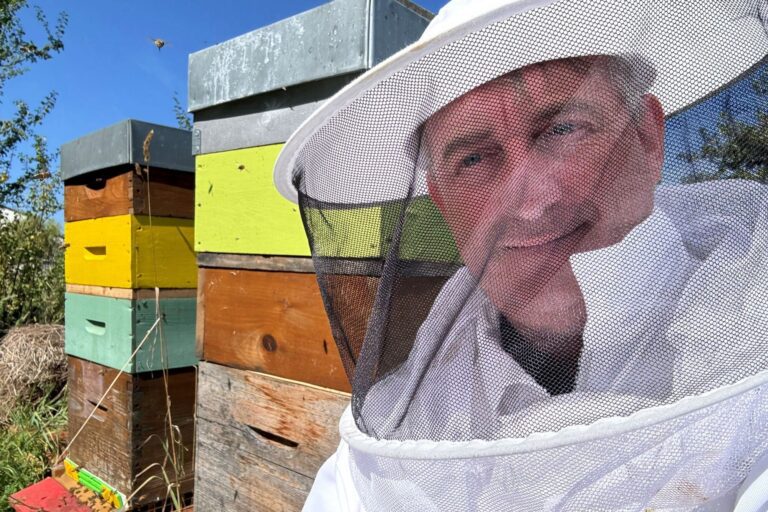The Cost of Busyness: Rethinking Productivity in the Workplace
The ‘Busy Bee’ Paradigm
Bees are often celebrated for their industrious nature, encapsulated in the phrase “busy as a bee.” To produce just one jar of honey weighing 500 grams, bees must visit approximately 2 million flowers—a feat requiring them to fly around 88,000 kilometers within their brief lifespan of about 34 days, during which they might visit around 100 flowers daily. This relentless pace culminates in their exhaustion and eventual demise.
The Intersection of Busyness and Success
In many modern workplaces, a similar culture of busyness has emerged, where being “always on” and perpetually available has become synonymous with success. The boundaries between work and personal life have blurred, driven largely by our reliance on technology. Employees often equate their worth with the volume of work they accomplish, showcasing their busyness as a sign of importance. However, this incessant busyness prompts a critical question: what are we truly achieving?
A Flawed Status Symbol
When asked how they are doing, many respond, “Good, thanks. Busy.” This has evolved into a status symbol, reinforcing the belief that constant activity is indicative of success, but is this perception superficial? When we tie our self-worth to the amount of work completed, we risk treading a fine line between achieving success and succumbing to burnout. An emphasis on speed can lead to rushed actions without thoughtful analysis. While productivity can be rewarding, the challenge arises when this becomes habitual, leading to overcommitment and neglecting personal well-being.
The Dangers of Overcommitment
As our to-do lists expand, we frequently work longer hours and engage with our responsibilities at the cost of our health and relationships. The drive to follow trends like waking early—exemplified by the “5am Club”—can further exacerbate stress levels, resulting in poor decision-making. This rapid pace often compels us to seek quick fixes rather than effective solutions. As leaders, the need for strategic thinking and problem-solving becomes challenging amidst constant busyness.
Rethinking Productivity
True productivity is more than mere busyness; it demands presence and engagement with the world around us. The frenetic nature of our workloads often distorts our perception of our capacity for meaningful connection and achievement. We evolve into slaves to our emotions, where every missed deadline and unread email can trigger anxiety and self-doubt, perpetuating a cycle of stress. What if we established a work culture that values reflection and deliberate thought? Would this lead to higher-quality outputs?
Finding Competitive Advantage Through Reflection
In a world increasingly driven by artificial intelligence, our human advantage lies not in doing more but in thinking critically. Embracing a pause in the race for busyness can facilitate innovative thinking and solutions. The shift from a culture that glorifies busyness to one celebrating thoughtful engagement is essential for fostering well-being.
Encouraging self-care and team support can promote healthier work dynamics. Constructive collaboration with peers or mentors can also enhance our problem-solving capabilities, ensuring that the ideas we generate are effective and substantial. As Nancy Kline, author of ‘Time to Think’, asserts, “The quality of everything we do depends on the quality of the thinking we do first.”


